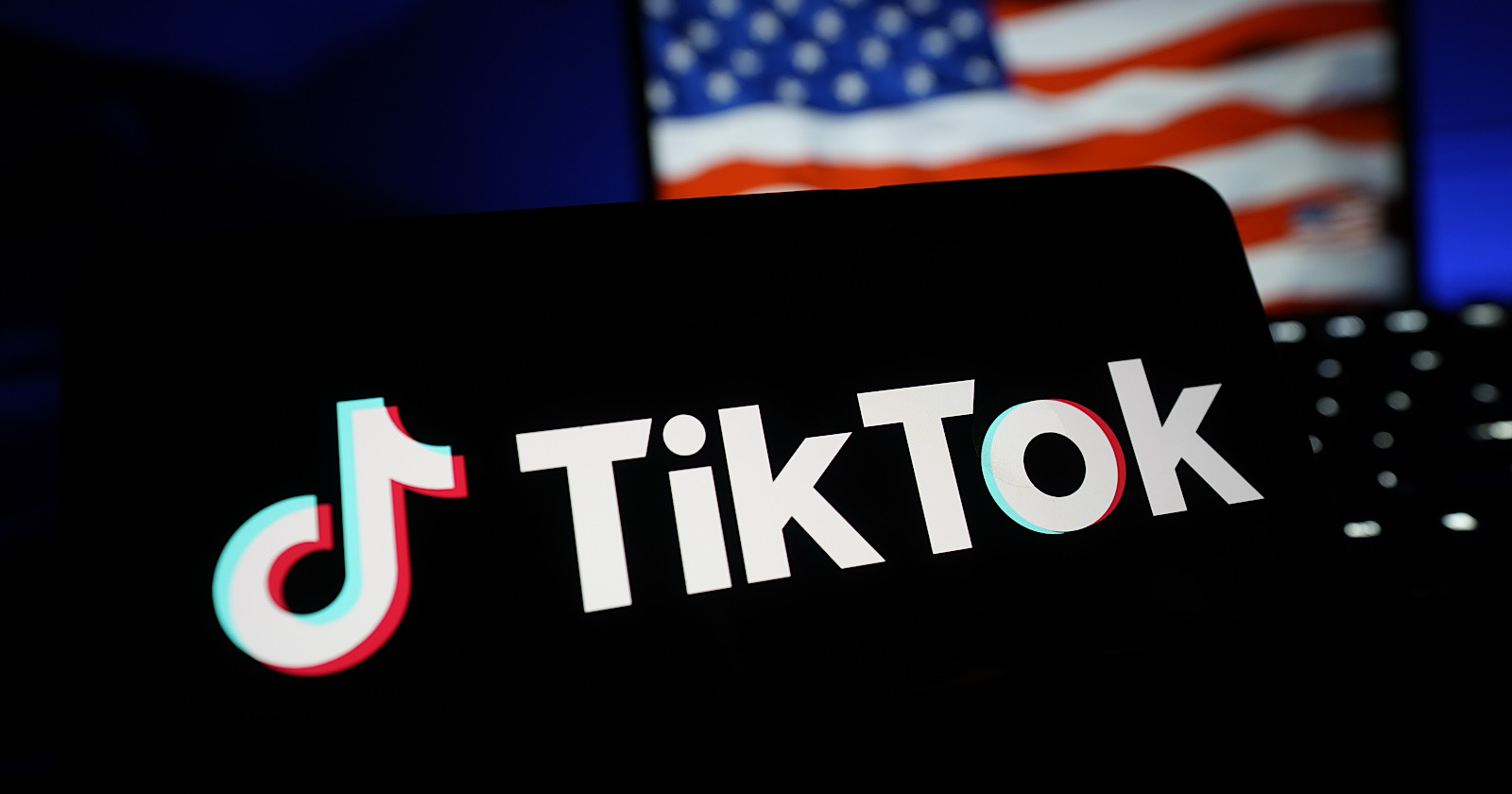Peloton seeks comeback with brand refresh under new CMO—behind the strategy
Under a new CMO, Peloton unveils a brand refresh as it strives to regain its popularity.

Peloton, a one-time pandemic darling, has been stuck in a slump marked by supply issues, product recalls and lackluster demand. But now, under a new chief marketing officer, the New York-based company is trying to regain its footing with a brand refresh and campaign that positions Peloton as an accessible fitness facilitator.
“We’ve historically been seen and understood as an in-home bike company, but the company has evolved since that perception was a reality,” said Peloton CMO Leslie Berland, who joined the company in January after serving in the same role at Twitter. “Yes, we are an in-home bike company, but we are also so much more.”
‘The sweat was all real’
The new look includes a marketing push featuring real customers, a brightened brand identity and color scheme, as well as a rollout of more free workouts through the Peloton app. Along with Peloton's usual red and black, the company is introducing hot pink, lime green and lilac into its roster of hues. In addition, the company is introducing a new content feature on its app called Peloton Gym, which offers demonstrable workouts and videos that customers can do at their individual level and pace.
A 90-second anthem film reintroducing Peloton, “Peloton. Anyone. Anywhere,” showcases diverse consumers of many ages and body types using the app to run, weightlift, row—and still, bike. The marketing is meant to showcase the brand’s accessibility for all types—particularly following Peloton’s recent research finding that 62% of its active members were participating in non-cycling activities, such as strength training, yoga and meditation. Images feature members before and after their Peloton workouts.
“We got real members in their real spaces,” said Oli Snoddy, VP of global consumer marketing. “The sweat was all real.”
Read more: Peloton’s new CMO comes from Twitter
The campaign will include a mix of 60-, 30- and 15-second videos from the anthem film that will appear on digital channels and connected and linear TV. Peloton is also investing in TikTok, YouTube, Instagram and creators.
While Peloton is investing more in media to support the campaign launch and its new app features, overall sales and marketing overall are down year-over-year this quarter, Liz Coddington, Peloton's chief financial officer said during a recent conference call.
Previous turmoil
The new push comes after a long road of turmoil for Peloton, which skyrocketed to mass popularity during COVID-19 lockdowns only to come crashing back to earth following the reopening of gyms and a series of missteps. Those included a delayed recall of the brand’s treadmills after the product was involved in 70 accidents and the death of a child two years ago. Peloton also had an unfortunate cameo as an instrument of death on the “Sex and the City” reboot—though the brand swiftly responded with its own clever ad, that video was pulled soon after following sexual assault allegations against “Sex and the City” actor Chris Noth.
Earlier this month, Peloton announced it had another recall—2.2 million exercise bikes sold in the U.S. between 2018 and this year have faulty seats.
“The company has ups and downs and challenges but above all else is member safety and what’s important to us there and in our marketing is transparency, openness and authenticity,” said Berland.
Such transparency might endear the brand to more customers. Unlike the treadmill recall, when a delay to take action cost Peloton brand equity, the company was lauded by some analysts for getting ahead of the bike equipment issue early.
“This is a drastically different recall; showcasing new management’s proactivity,” wrote Simeon Siegel, an analyst at BMO Capital Markets, in a recent research report. “Beyond this being a ‘repair’ remedy versus ‘refund,’ it appears proactive by management and voluntary.”
Berland, who left Twitter just days after it was acquired by Elon Musk after nearly seven years running marketing for the social platform, has a strong background that should prove beneficial to regaining Peloton’s footing. Prior to Twitter, Berland spent a decade at American Express, moving through the ranks from corporate communication to digital partnerships before working as executive VP of global advertising, marketing and digital partnerships, according to her LinkedIn.
In addition to new marketing leadership, Peloton is also diversifying its agency roster. The company worked with Mother Design and Uncommon Creative Studio on its new brand design work. Stink Studios, which has worked with Peloton before, handled the global creative campaign. In previous years, Peloton has worked with the likes of Mekanism, Adam & Eve and, on the “Sex and the City” quick turnaround ad, Maximum Effort in a “creative as a subscription” service. The latter offering has not needed to be utilized in quite some time, said Snoddy.
Third-quarter results, released early this month, showed there is still work to be done. Peloton lost more than a quarter of a billion dollars as its revenue fell 22% to $748.9 million and the number of members fell 5% to 6.7 million.
But Berland maintains this is just the beginning of Peloton’s new rise back to the cult status it formerly enjoyed.
“This is the beginning of everything we do,” she said. “The brand identity, relaunch, everything builds from there—we see this as the start and you’ll see a lot more over the summer and into the fall.”

 JaneWalter
JaneWalter 





















![Run An Ecommerce SEO Audit in 4 Stages [+ Free Workbook]](https://api.backlinko.com/app/uploads/2025/06/ecommerce-seo-audit-featured-image.png)









